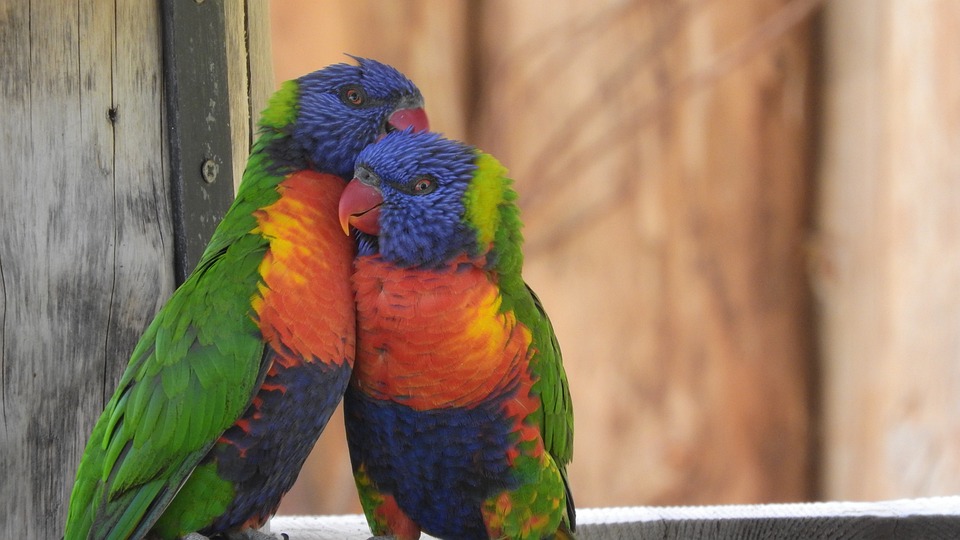Feather plucking is a common behavior among parrots that can be concerning for their owners. In this article, we have discussed the causes and potential solutions for this behavior. Feather plucking can be caused by physical factors such as skin irritations or infections, malnutrition or deficiencies, and hormonal imbalances. Psychological factors such as boredom, stress, and attention-seeking behavior can also contribute to feather plucking.
To address feather plucking, it is important to consult a veterinarian to rule out any underlying medical conditions and ensure your parrot’s diet meets all its nutritional requirements. Hormone regulation may also be necessary, especially during breeding season. Environmental enrichment is crucial to prevent boredom, and this can be achieved by providing mental stimulation through toys, puzzles, and foraging opportunities. Creating a stimulating environment by arranging perches at different heights and introducing new objects can also help prevent feather plucking.
Emotional support is essential for parrots, so spending quality time with your parrot and engaging in activities such as training sessions, music, or gentle grooming can be beneficial. Socialization with other friendly birds or animals can also reduce feelings of loneliness. Positive reinforcement is key, so it is important to reward good behavior and avoid scolding or punishing your parrot for feather plucking. Instead, redirect its attention to other activities.
In the frequently asked questions section, we address common concerns about feather plucking. Feather plucking can occur in various parrot species, but some are more prone to it than others. The success of treating feather plucking depends on identifying and addressing the underlying cause. Collars or sprays should only be used as a last resort under veterinary guidance, and feather regrowth can take several weeks to months.
While not all instances of feather plucking can be prevented, providing a stimulating environment, a balanced diet, and plenty of social interaction can significantly reduce the chances of the behavior occurring. It is important to always consult a veterinarian for a proper diagnosis and guidance tailored to your parrot’s specific needs.
Understanding the causes and solutions for parrot feather plucking is crucial for providing the best care for your feathered companion. By addressing the underlying factors, providing environmental enrichment, and offering emotional support, you can help your parrot overcome this behavior and promote a healthy, feathered life.









